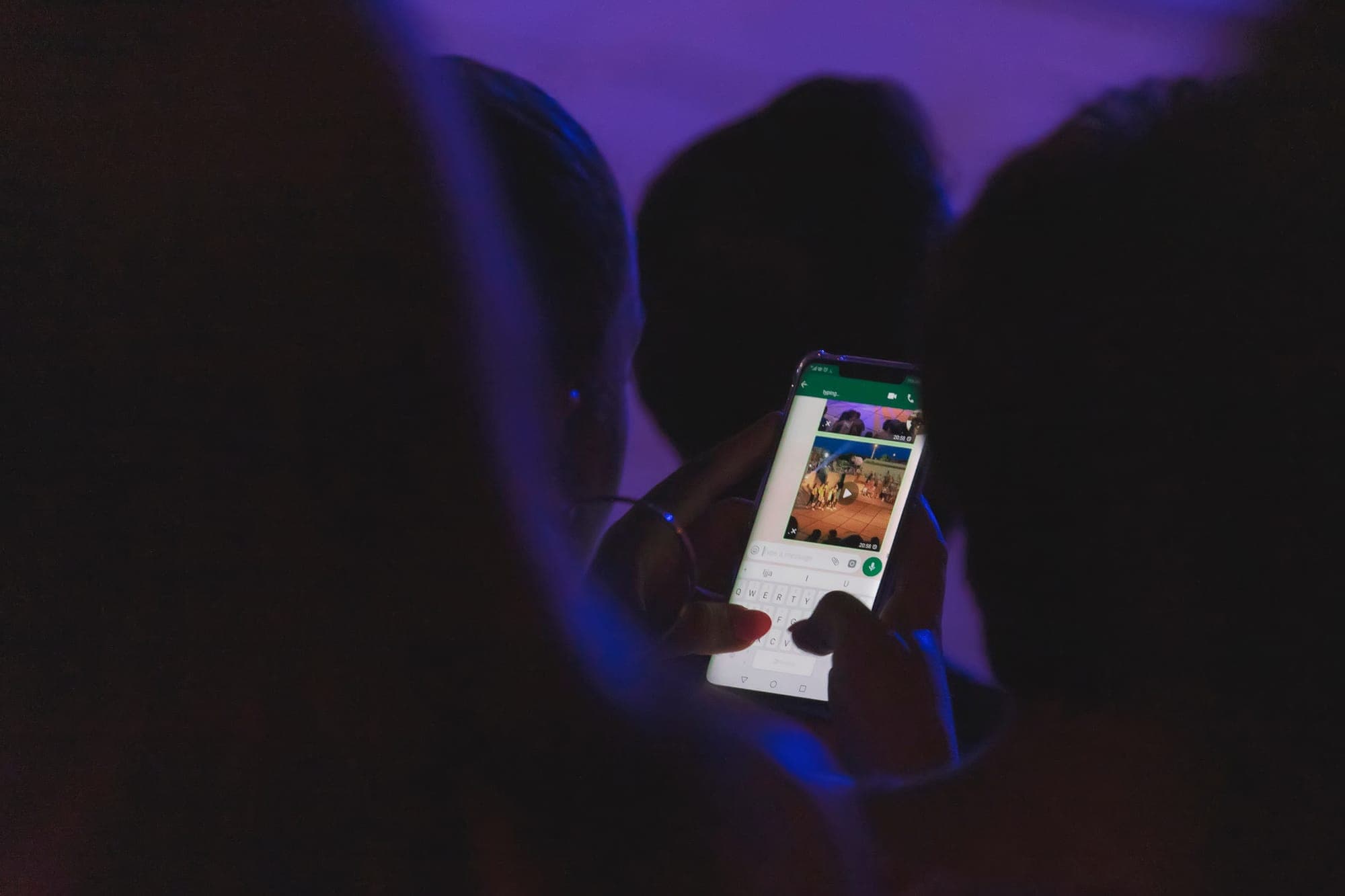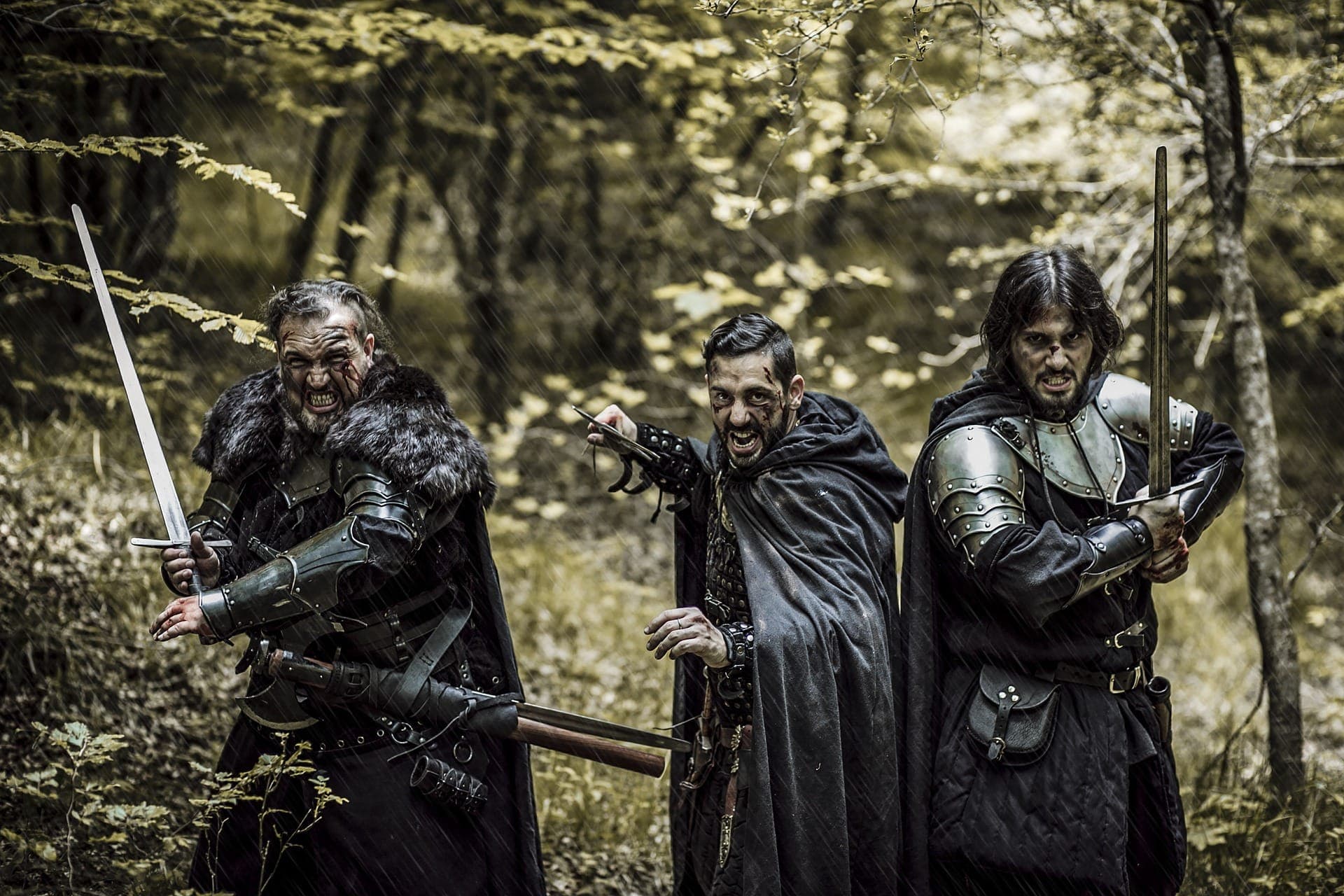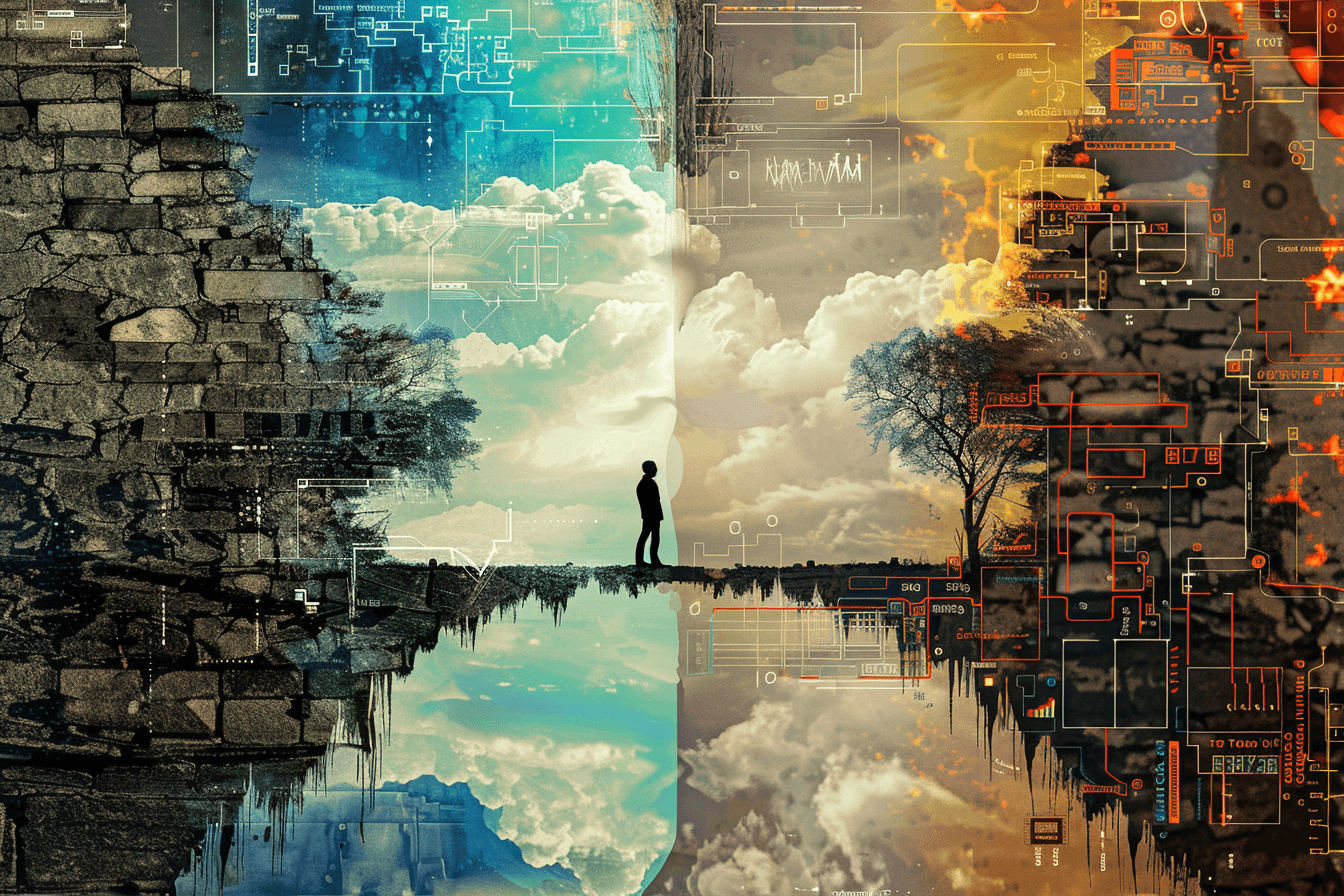Echo Chambers and Tribalism: Social Media to Blame?
Just when we thought Social Media was taking over society, we can see now how their algorithms are fueling division.
Published:

The internet’s ability to connect people is undeniable, yet there are growing concerns that it also isolates us. Most of the conversation involves the time we are spending online vs the time we spend with other people, which I feel is an important idea. There is another dark aspect that needs more discussion: social media algorithms.

These algorithms, the backbone of platforms like Facebook, Twitter, Youtube, and TikTok, tailor your experience based on the content you interact with. It’s no secret that companies design their apps to maximize user engagement which is central to their profit models and ad revenue. They accomplish this by showing you more content that you typically engage with, and hiding content you don’t.
The result? Dopamine-fueled addictions and a growing number of people seeking “social media detoxes.” But beyond addiction, there’s another harmful consequence of this system.
Digital Echo Chambers and Tribalism
Social media algorithms create digital “echo chambers” which are digital environments where people are only exposed to information that aligns with their existing beliefs. The metaphorical chamber resembles an isolated room in which your words bounce back to you endlessly and the walls prevent exposure to contrasting perspectives or diverse viewpoints. Within these echo chambers, individuals encounter repetitive ideas and affirmations, reinforcing their original opinions.

This isn’t unique to the modern era; small, isolated communities have been prone to extreme views and a sense of “us vs them” in similar fashion to the echo chamber metaphor. Social media however recreates and amplifies this process on a global scale.
By constantly feeding you content that aligns with your existing views, the algorithms hide and limit exposure to diverse perspectives. If you engage with political content, you’ll see more of it, potentially pushing you towards increasingly polarized positions. Your social media feeds become dominated by posts of like-minded people making it appear as though opposing viewpoints are rare or irrelevant.
This, coupled with the addictive nature of social media, forges new online “tribes.” These tribes further reinforce shared viewpoints and create a mentality where, “Anyone who doesn’t agree with us are either ignorant or are against us.” This turns social media into a series of battlegrounds where tribes engage in attempting to tear eachother down rather than try to understand each other.

These battles on social media have spread beyond the digital realm and into society, especially in the last few years, where political unrest globally has been bubbling. Instead of proposing fresh ideas or workable solutions, opposing tribes regurgitate the same tired arguments spun within their circles. Rather than fostering better relations or driving improvements, this is driving people further apart.
Some may even suspect a deliberate plan by illuminati or lizard people overlords to sow division, but I feel we give human beings (or lizard humans?) too much credit. This is more likely an unforeseen side effect of chasing profit. I wouldn’t doubt the shadowy overlords would capitalize on the situation, but the architecture was likely unplanned.
So, Can We Fix It?
There isn’t an easy solution to the divisive effects woven into the fabric of social media. Whether a better algorithmic design is possible, or if government intervention is necessary or even reasonable, remains uncertain.
I was taught to love my brothers and to hate the other side.
Juice Wrld
What we can do is become aware of what’s fueling these growing tensions and how our opinions are shaped online. Before you go out and start to “hate the other side,” stop and ask yourself:
Break out of your echo chamber and try to understand where the differing perspectives are coming from. You may discover that your differences are smaller than you imagined.






